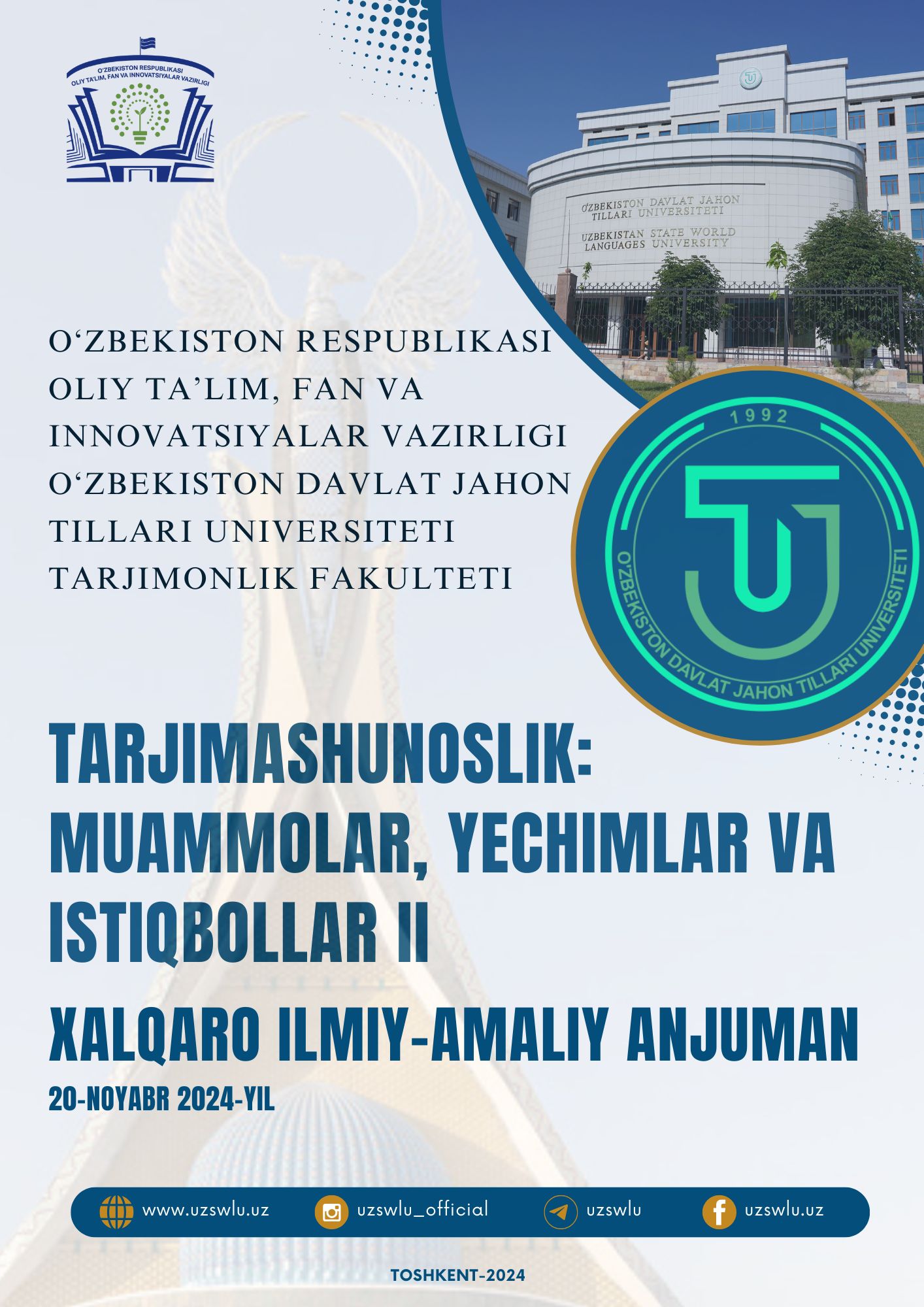MAPPING MEANING IN TEXT: HOW METADISCOURSE BOOSTS EFL LEARNERS' READING SKILLS
Kalit so‘zlar
EFL, studyAnnotasiya
The impact of English as a global language on educational systems around the world and the demands for reading in English has led to the importance of reading skill in academic contexts. Hence, efforts are constantly being made to improve language learners’ reading comprehension skills. Reading comprehension can be simply defined as the process of getting meaning from a written text. However, considering the various purposes for reading and different processes that are involved in reading no single statement like this can express its complexity. Reading involves a combination of cognitive, linguistic, and non-linguistic skills ranging from the very basic low level text processing skills to high level processing. Many university EFL learners have difficulties in comprehending their academic English texts because they mainly rely on limited lower level reading strategies. Over reliance on lower level text processing strategies such as paying attention to single words, translation, and looking up new words, which are regarded as insufficient reading strategies takes EFL reader’s attention away from higher order strategies. Lower level text processing skills though essential components of reading, do not guarantee reading comprehension, because reading is not a single factor process rather it is a complex process requiring both low-level and high-level text processes working together interactively as part of the reading process (Nassaji, 2003).
Foydalanilgan adabiyotlar ro‘yhati
-

